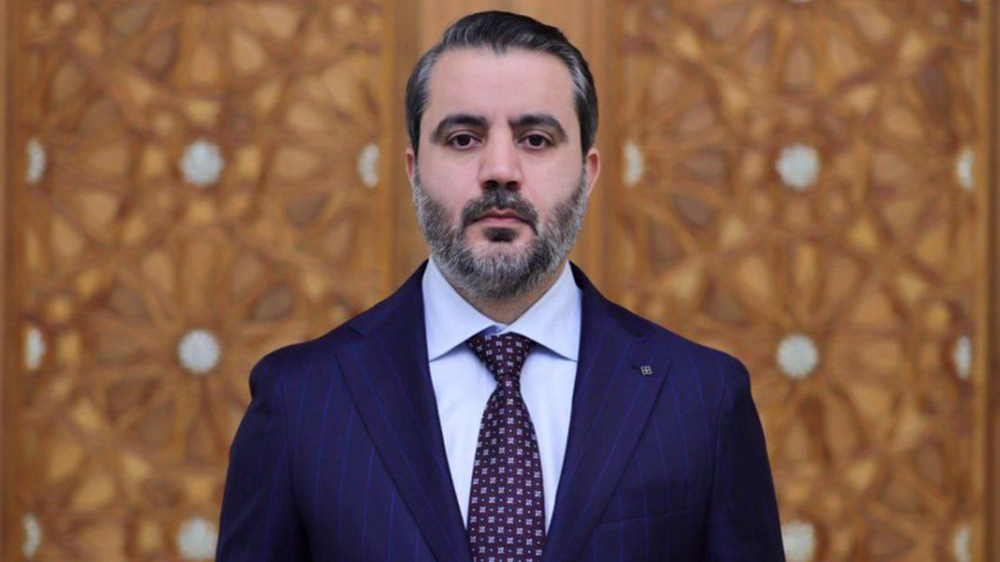Israel attacks on Golan sign of collusion with terrorists, Syria tells UN
Syria has criticized the UN Security Council for its inaction towards Israel’s fresh acts of aggression against its territory in the Golan Heights, denouncing the attacks as an example of Tel Aviv’s collaboration with terrorist groups.
In two letters sent to UN Secretary General Antonio Guterres and the president of the UN Security Council on Saturday, the Syrian Foreign Ministry condemned Israel’s recent attacks as Tel Aviv’s “desperate attempt” to support terrorist groups in the area.
The letters warned about the serious repercussions of Israel’s repeated acts of aggression which they said constituted a flagrant violation of the principles of the UN Charter and the rule of international law, and expressed shock over the Security Council’s failure to condemn such Israeli attacks.
On Thursday, Israel struck a Syrian artillery position near the southwestern town of Quneitra.
Also on Saturday, the Israeli military said it had attacked three Syrian government’s artillery positions in the Golan Heights in response to what it claimed to be the firing of five projectiles from Syria.
The Israeli military said the projectile attacks did not bring about any damage or injuries in the Israeli-occupied area, but warned that the regime may start escalating such “retaliatory” measures.
It was Israel’s second act of aggression against Syrian territory this week.
Read more:
Israel regularly hits positions held by the Syrian army in the Golan Heights, sometimes describing the attacks as “retaliatory.” Syria says the raids aim to help Takfiri militants fighting against government forces.

On several occasions, the Syrian army has confiscated Israeli-made arms and military equipment from terrorists fighting government forces. Israel has also been providing medical treatment to extremist militants wounded in Syria.
Back in June, The Wall Street Journal reported that Israel had been providing militants in Syria’s Golan Heights with a steady flow of funds and medical supplies.
Israel seized the Golan Heights from Syria during the 1967 Six-Day War and has continued to occupy two-thirds of the strategically-important territory ever since, in a move that has never been recognized by the international community.
The regime has built tens of illegal settlements in the area since its occupation and has used the region to carry out a number of military operations against the Syrian government.
VIDEO | Yemenis praise the military for its successful operations against Israel
VIDEO | Israel continues to bomb Gaza homes
VIDEO | An insider's view of the country: Meybod City in Yazd
‘All wars have rules. All of those rules have been broken’ by Israel
VIDEO | Report flags India’s violation of rights of Rohingya detainees
Turkey's foreign minister meets Syria's de facto leader in Damascus
VIDEO | US Syria plots
'Next to impossible' to rescue patients from Gaza's Kamal Adwan Hospital: Director












 This makes it easy to access the Press TV website
This makes it easy to access the Press TV website